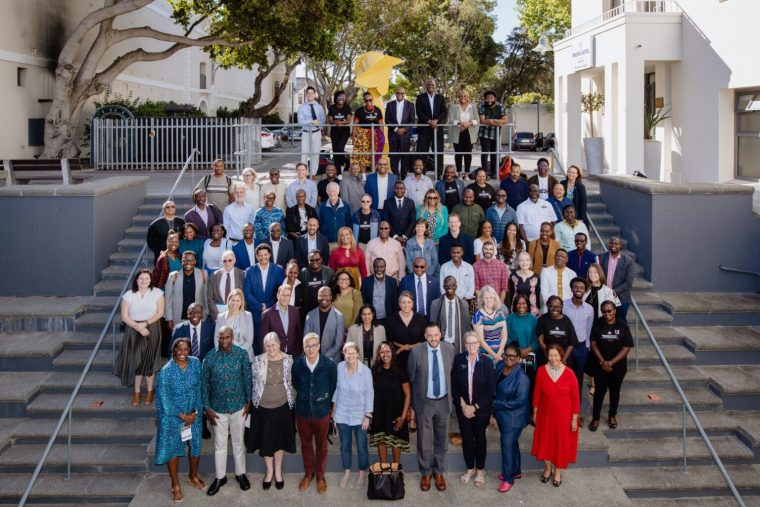How can Africa’s next generation transform primary healthcare systems to better serve their communities? That question took center stage at the 2025 Africa Health Agenda International Conference (AHAIC), where a dynamic side session organized by the Africa Health Collaborative highlighted how youth-driven innovation is reshaping healthcare in impactful and sustainable ways.
The Urgent Need for Innovation in Healthcare
Professor Nhlanhla Thwala, Provost and Vice Chancellor of the African Leadership University (ALU) and Chair of the Executive Steering Committee of the Health Collaborative, emphasized Africa’s healthcare challenges: unreliable data, high mortality rates, and workforce shortages. However, he encouraged participants to view these issues as entrepreneurial opportunities. Professor Thwala stressed the need to strengthen healthcare ecosystems, foster entrepreneurship, and improve employment pathways for healthcare graduates.
Youth Entrepreneurship as a Solution
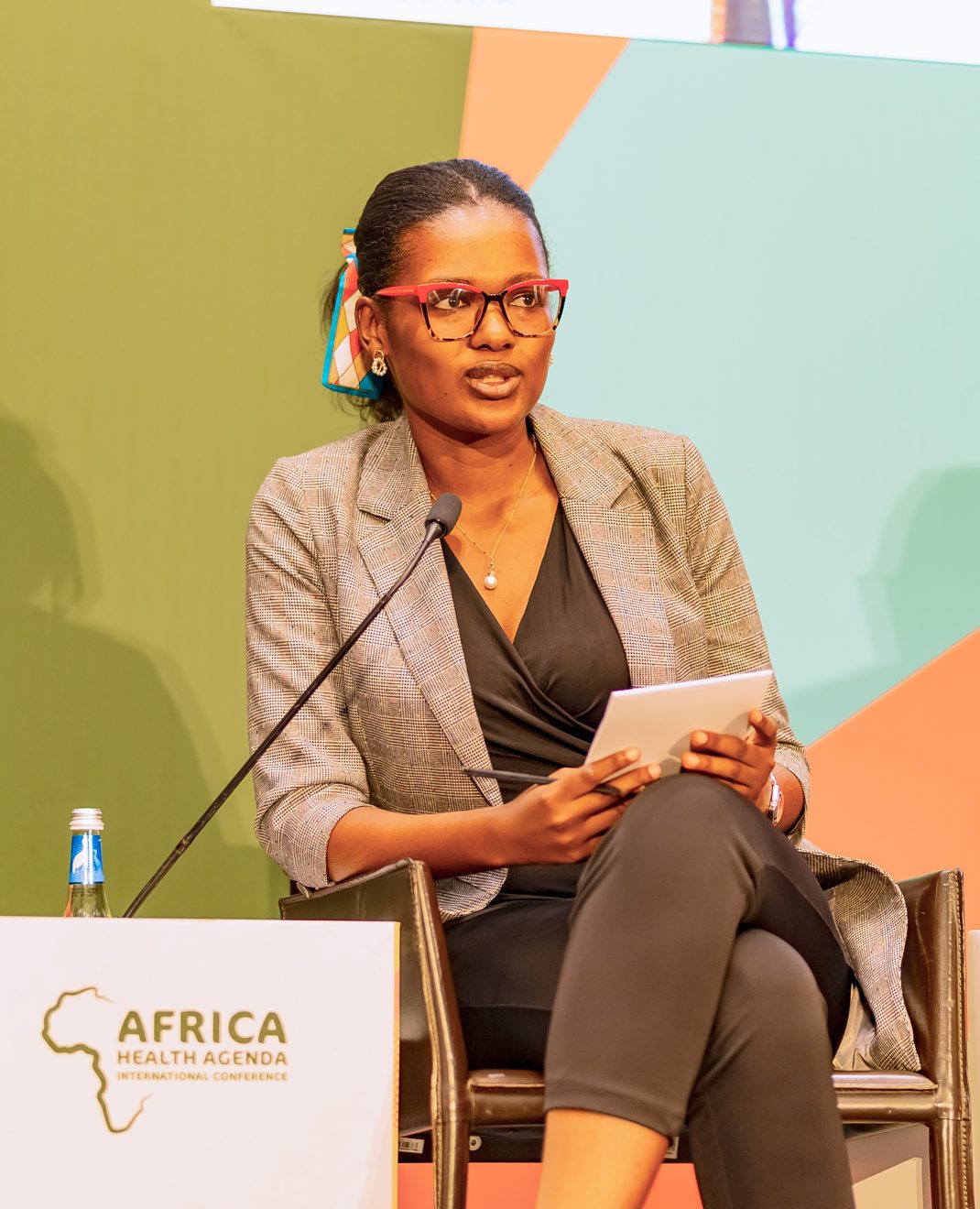

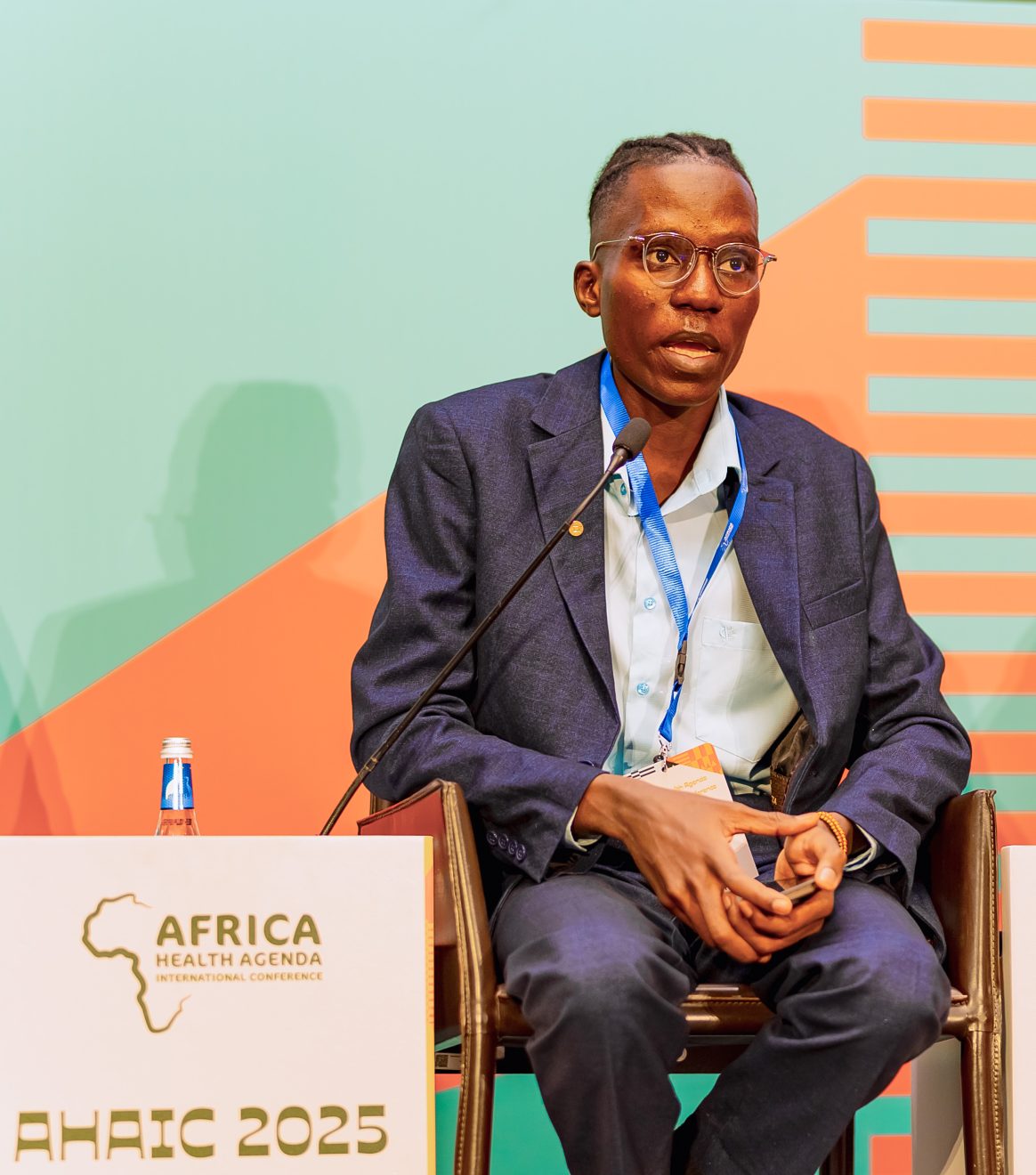
Young innovators presented impactful and sustainable healthcare solutions and business models:
- Sylvia Nyaga, co-founder of Syna Consultancy, developed a portable toilet designed to improve accessibility for people with disabilities. Initially focused on 100% local manufacturing, her design evolved to a 50% outsourcing, 50% local production model to improve affordability and reach. By partnering with local artisans, her team ensured cost efficiency and community involvement.
- Aaron Ogunde, co-founder of Damu Sasa Kenya, created an innovative blood services management platform. He emphasized the importance of building a viable business model that ensures hospitals and the healthcare ecosystem pay for services, moving away from reliance on grants.
- Hakim Kakooza, founder of MariTest, is developing a reusable AI-powered malaria diagnostic device. His team collaborates with organizations like Rotarians Against Malaria and engages community health workers to ensure the device’s buy-in and suitability for last-mile healthcare delivery.
The Role of Higher Education
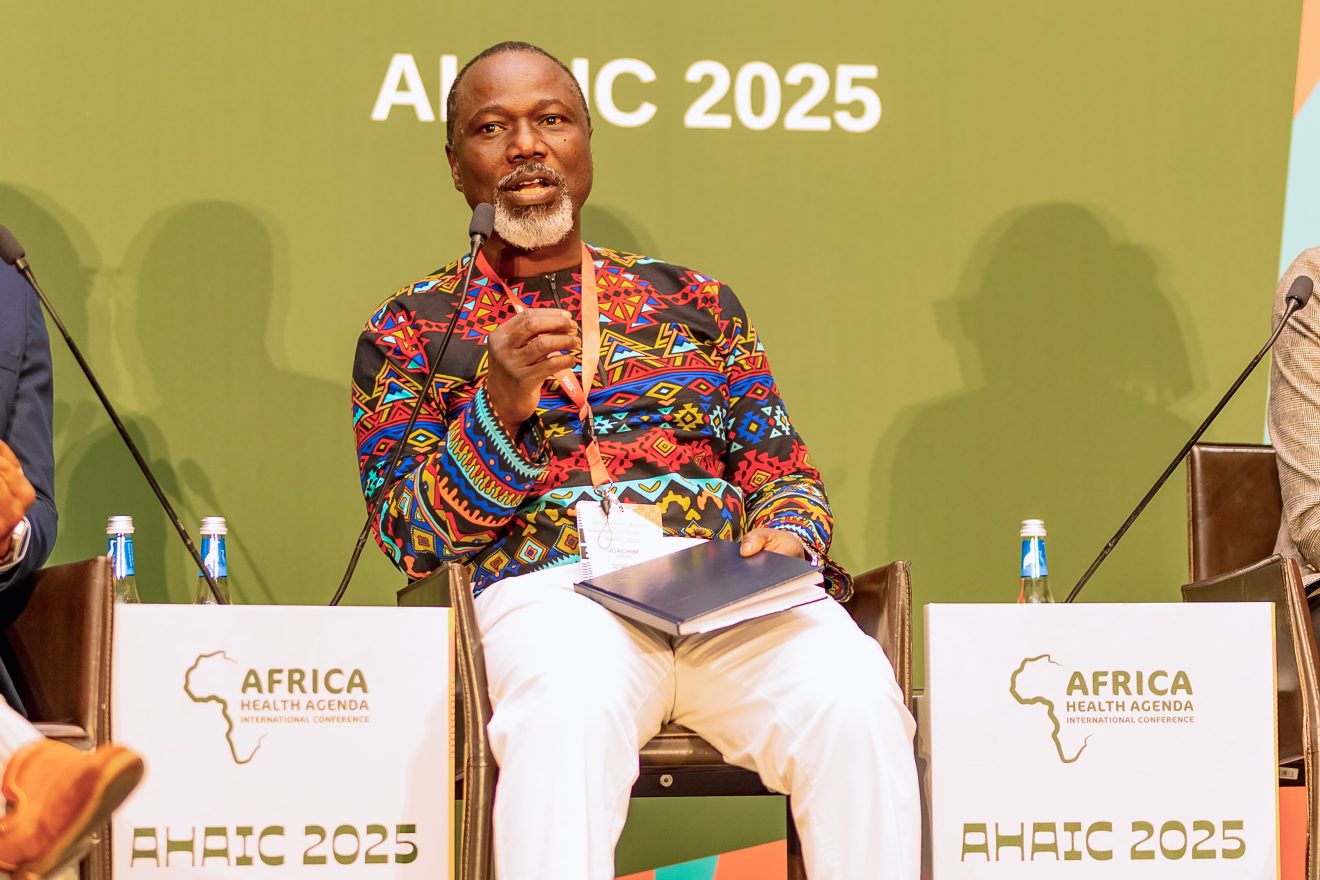
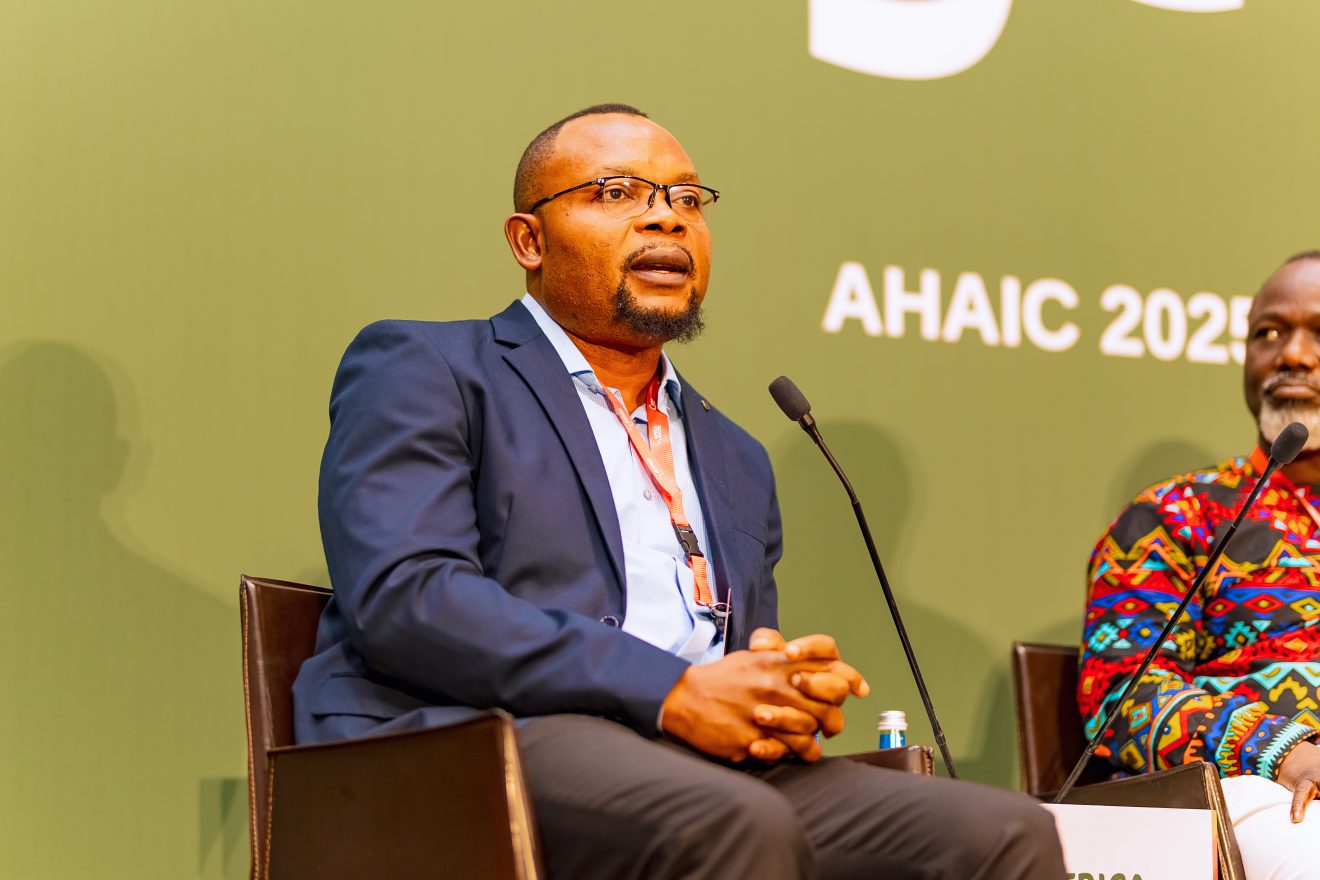
Institutions like Amref International University (AMIU) and the African Institute for Mathematical Sciences (AIMS) are adapting curricula to prepare students for evolving healthcare careers.
- Professor Wilfred Ndifon, Chief Scientific Officer at AIMS, highlighted the need to train students to adapt to technological changes while retaining social empathy. Developing problem-solving skills and gaining real-world exposure are key.
- Professor Joachim Osur, Vice Chancellor at AMIU, emphasized aligning education with career goals, entrepreneurship, and community impact. Universities should adopt flexible learning pathways that encourage innovation and sustainable business models.
Key Takeaways for Sustainable Change
- Innovate Within Constraints: African healthcare systems must develop creative solutions despite limited financial resources, leveraging local knowledge and partnerships.
- Build Sustainable Business Models: Entrepreneurs should prioritize revenue generation early to sustain their impact.
- Empower Young Innovators: Universities must promote micro-credentials, real-world learning, and entrepreneurship training to prepare students for changing healthcare demands.
- Adopt a Preventive Approach: Future healthcare models should prioritize prevention to improve outcomes efficiently.
Showcasing Youth Innovation in Healthcare
Beyond the discussions, the Africa Health Collaborative booth showcased six inspiring youth-led innovations:
- MediXR: Uses Virtual Reality (VR) and 3D simulation to revolutionize medical training and patient education through immersive simulations that improve healthcare professionals’ skills and patient understanding of complex procedures.
- Ijwi ry’Ubufasha (translated as “Help Voice”): This project tackles gender-based violence (GBV) in Rwanda using an AI-powered voice-based system that offers confidential support, connects individuals to resources, and informs policymakers with real-time data.
- MariTest: An AI-powered, non-invasive malaria diagnostic device designed for remote and resource-limited areas. It addresses Malaria Rapid Diagnostic Test (mRDT) stockouts, blood testing risks, and inefficient reporting, improving detection, treatment, and outbreak prediction.
- HealthEdu Ltd: A capacity-building company that provides continuous education for healthcare professionals, improving care quality and reducing medical errors. It also offers rehabilitation services in remote areas through digital solutions.
- ACUBED: Focuses on improving diagnostic test availability in Sub-Saharan Africa, developing accessible solutions to improve healthcare outcomes in underserved areas.
- URUKUNDO Initiative: A youth-led social enterprise transforming life skills education — particularly Sexual Reproductive Health and Mental Health — through innovative play-based solutions, including Rwanda’s first licensed health education board game.
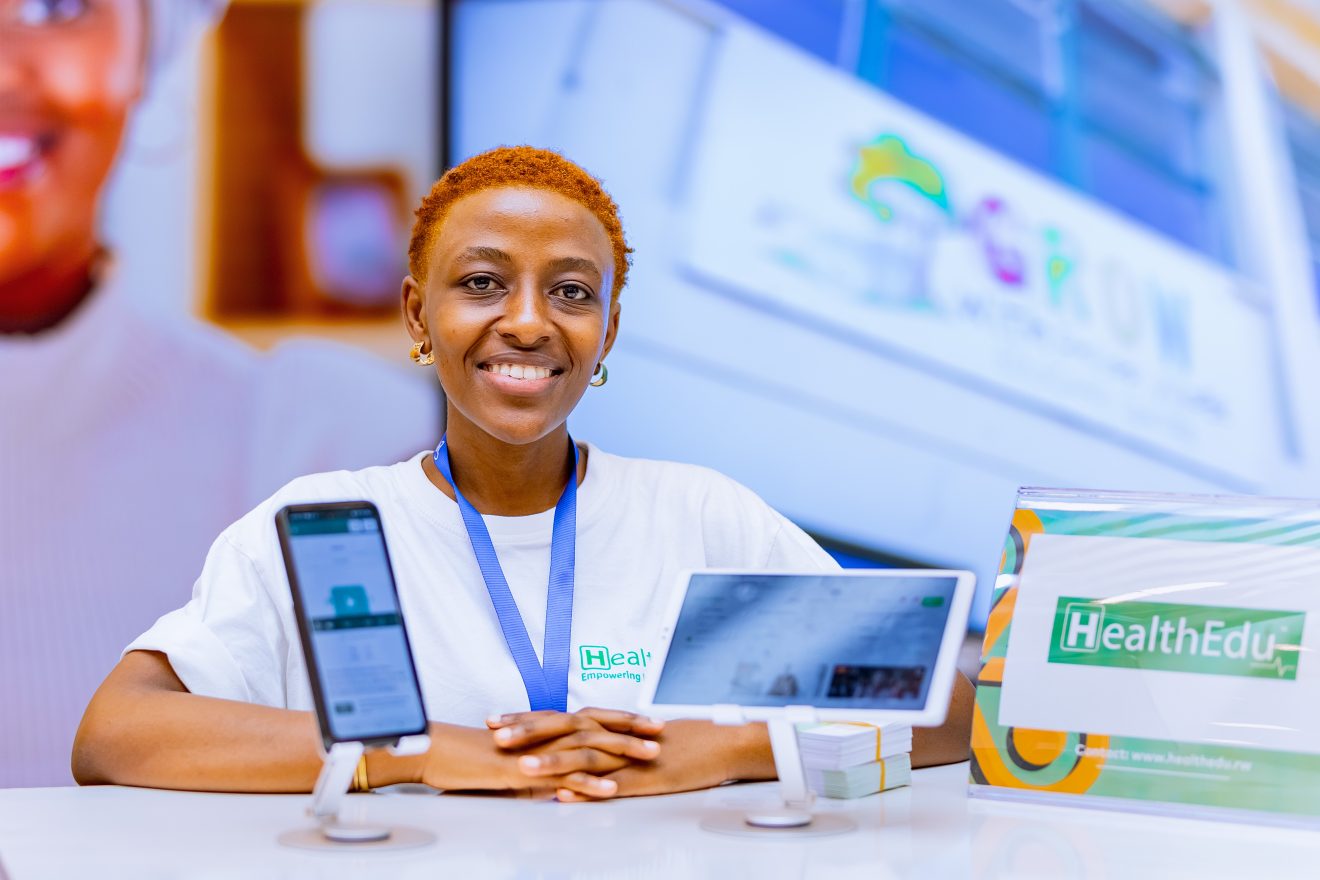
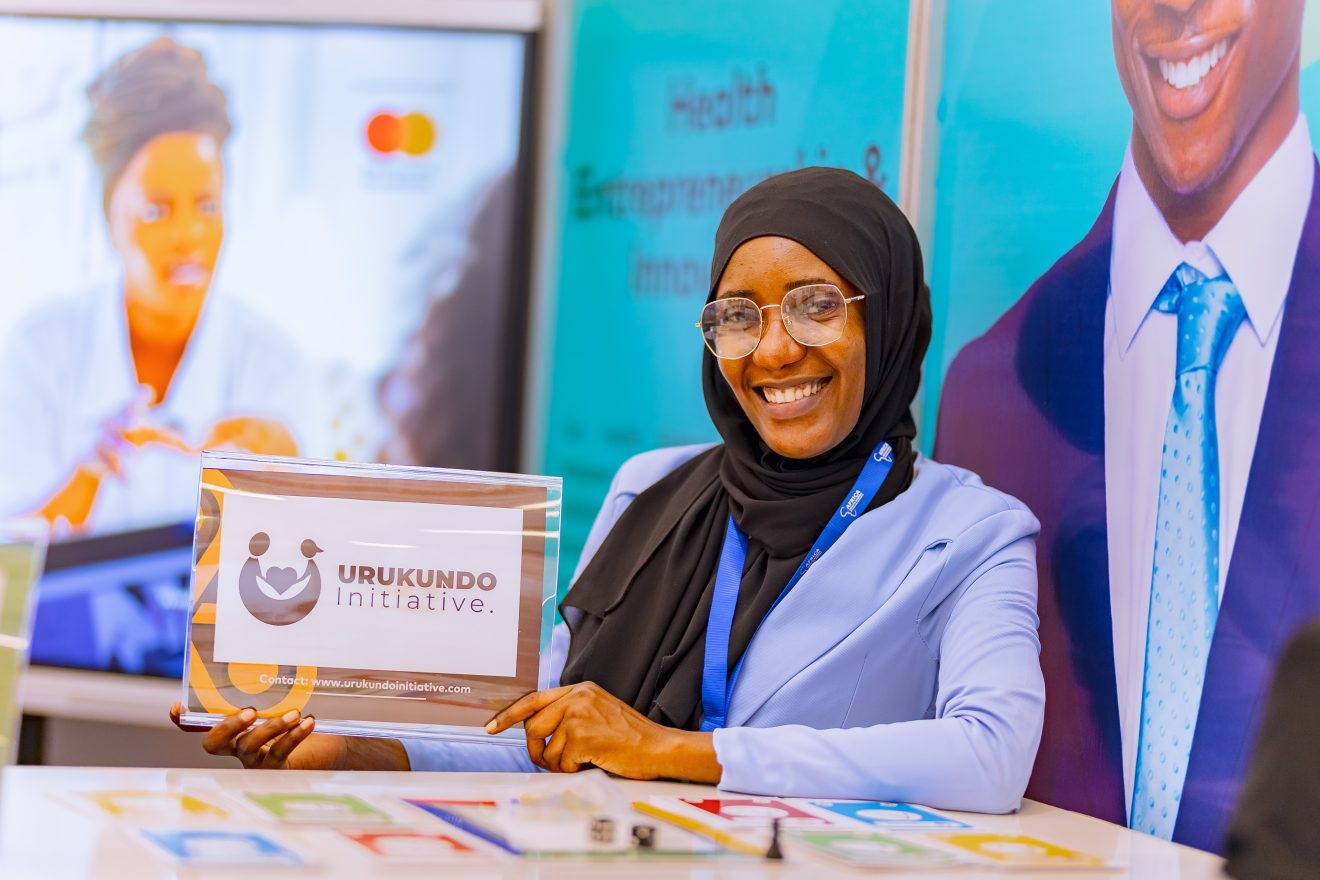
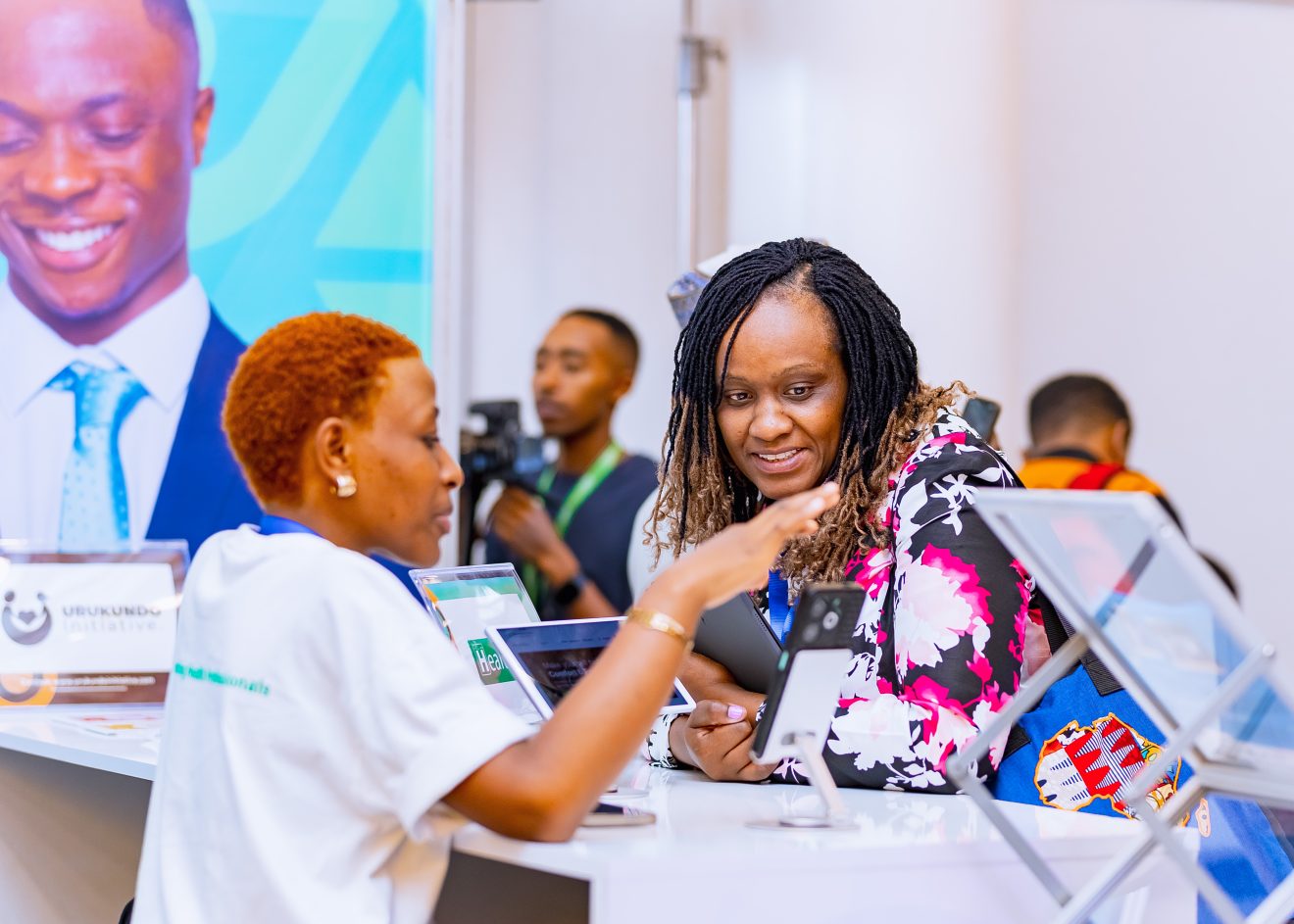
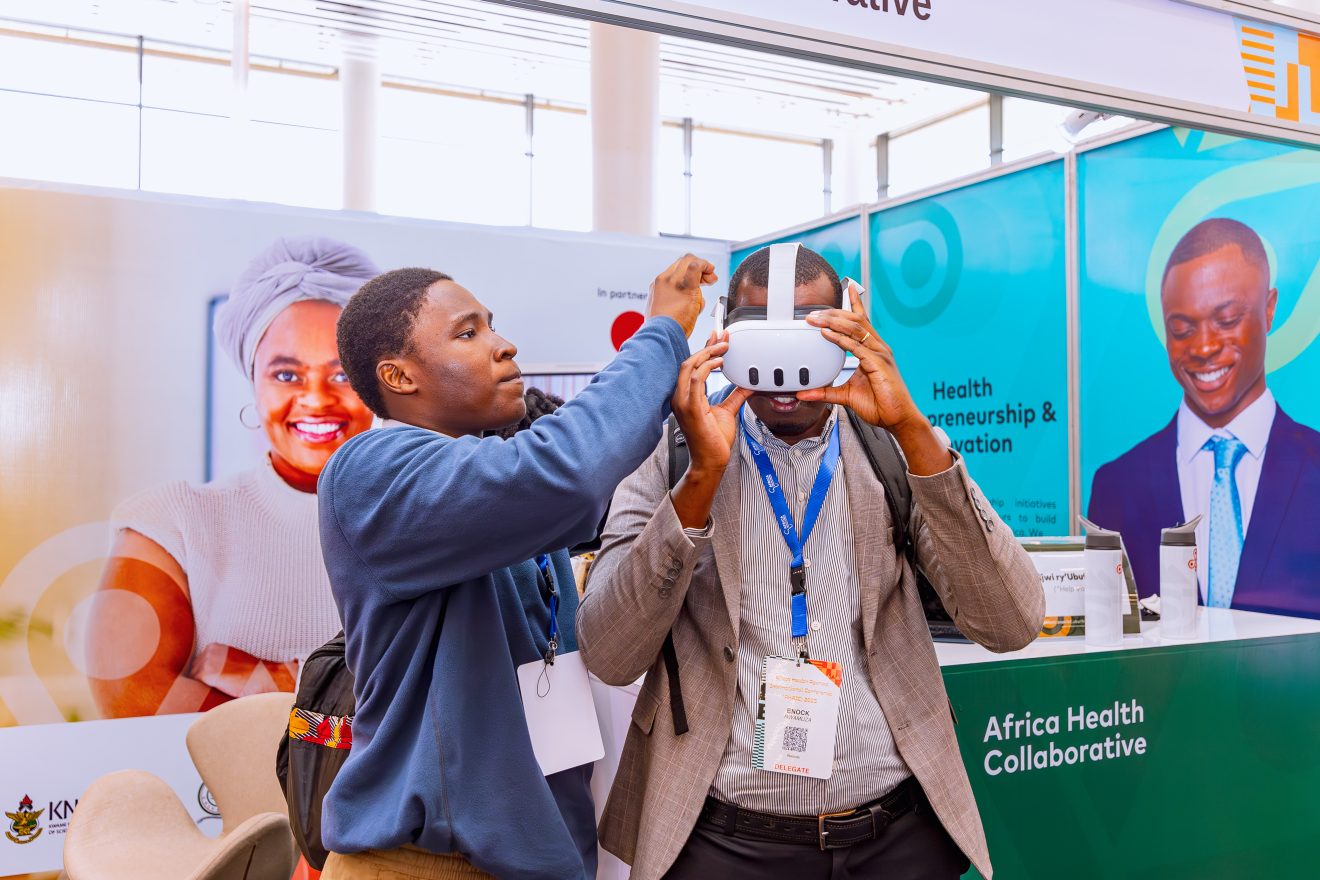
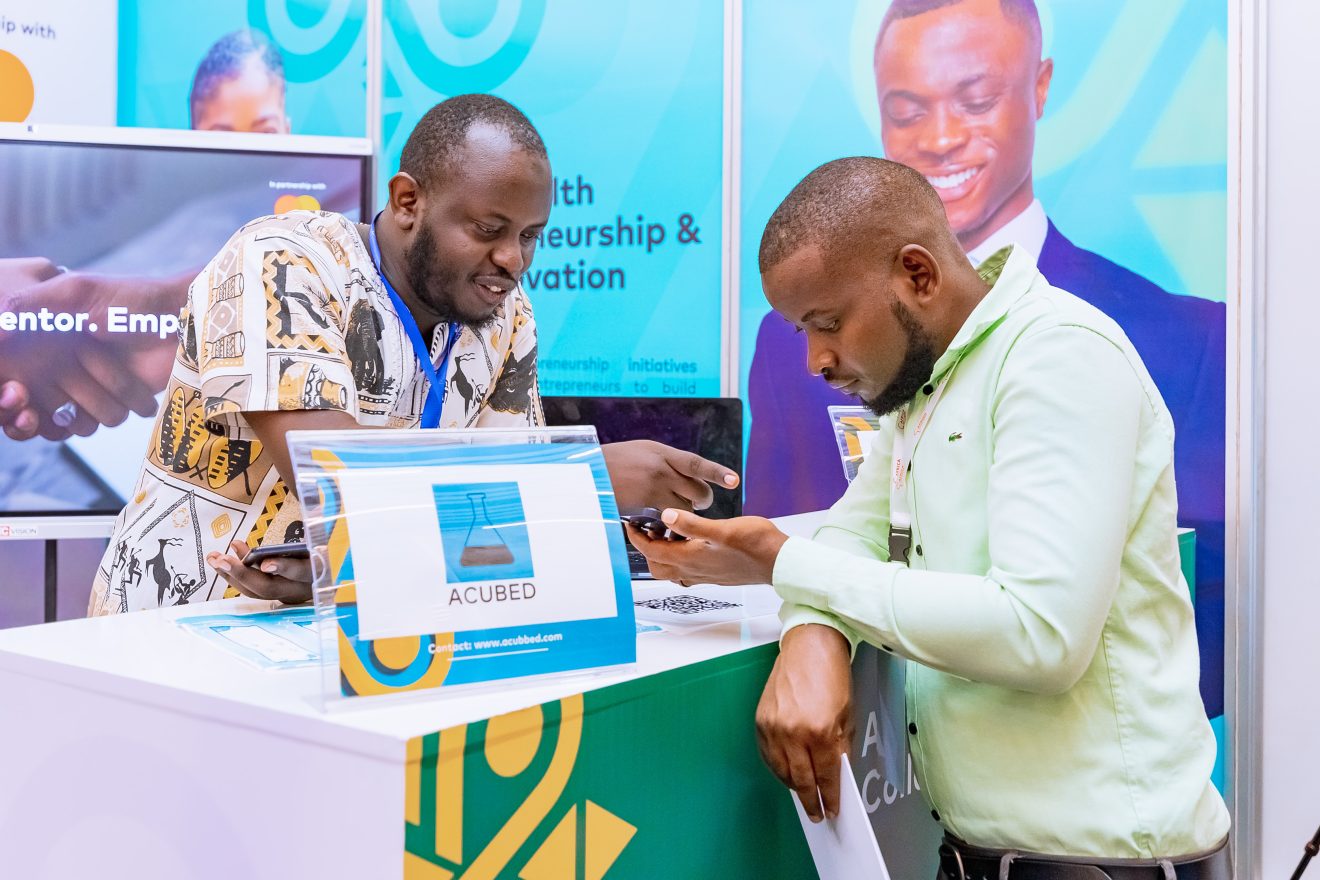
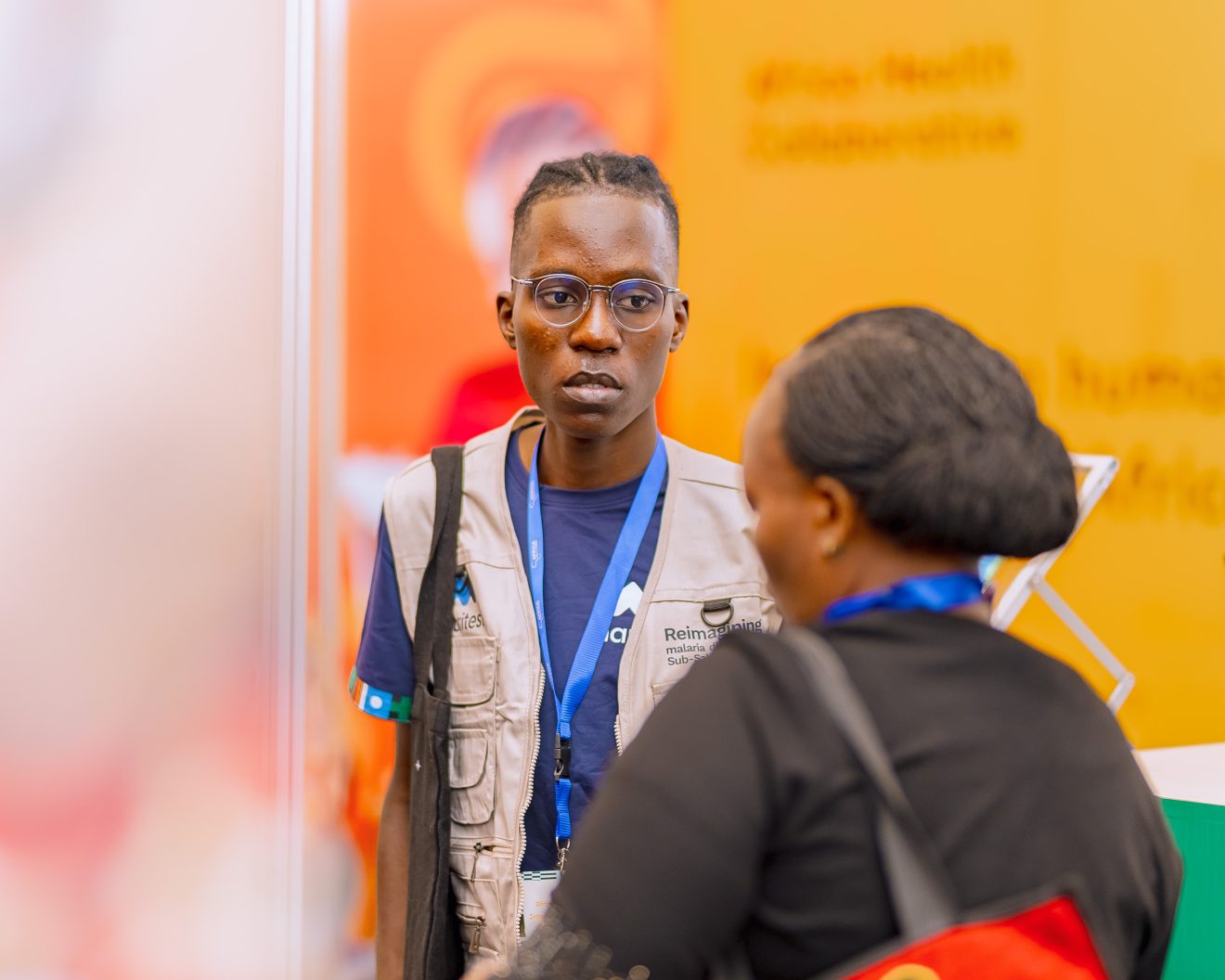
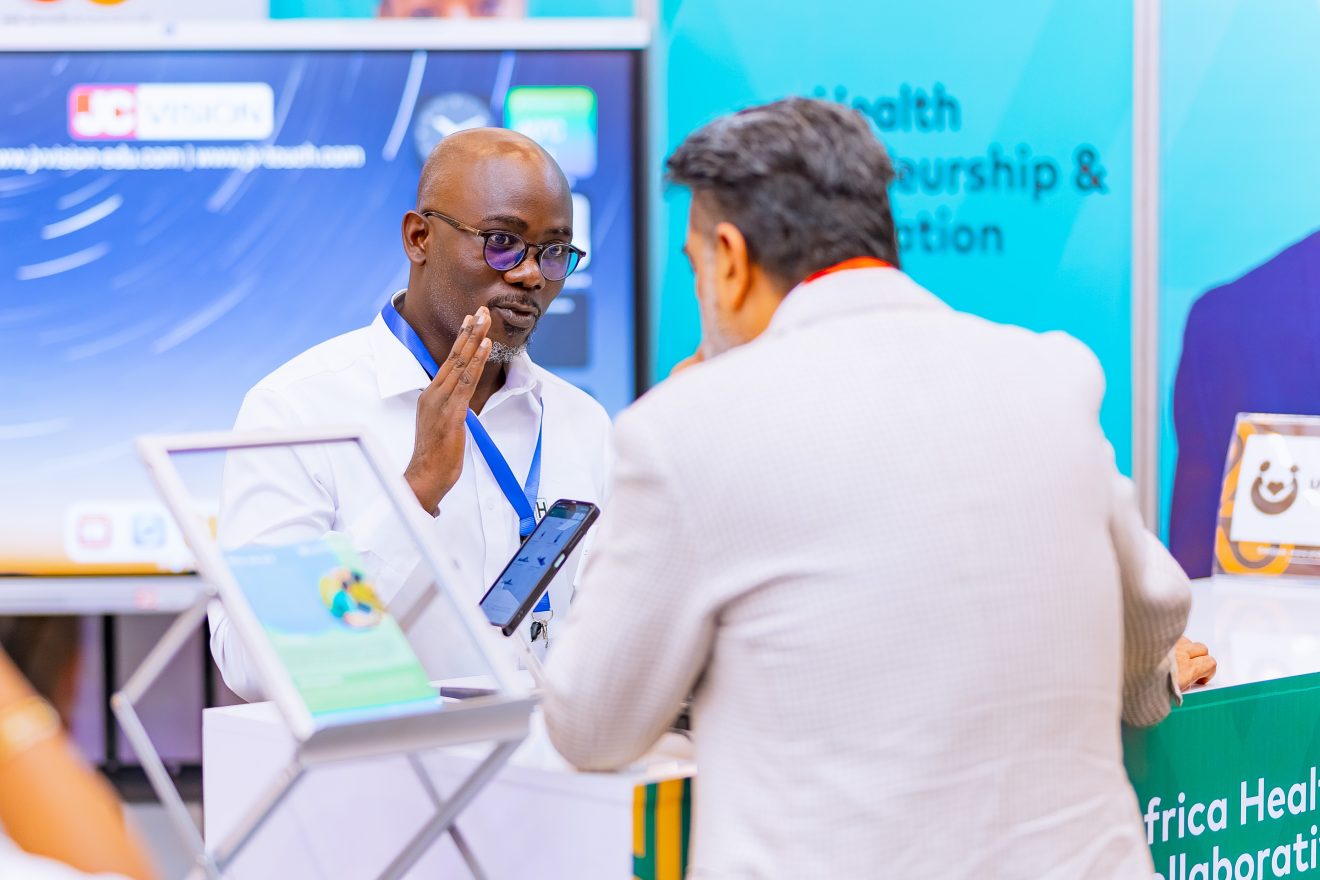
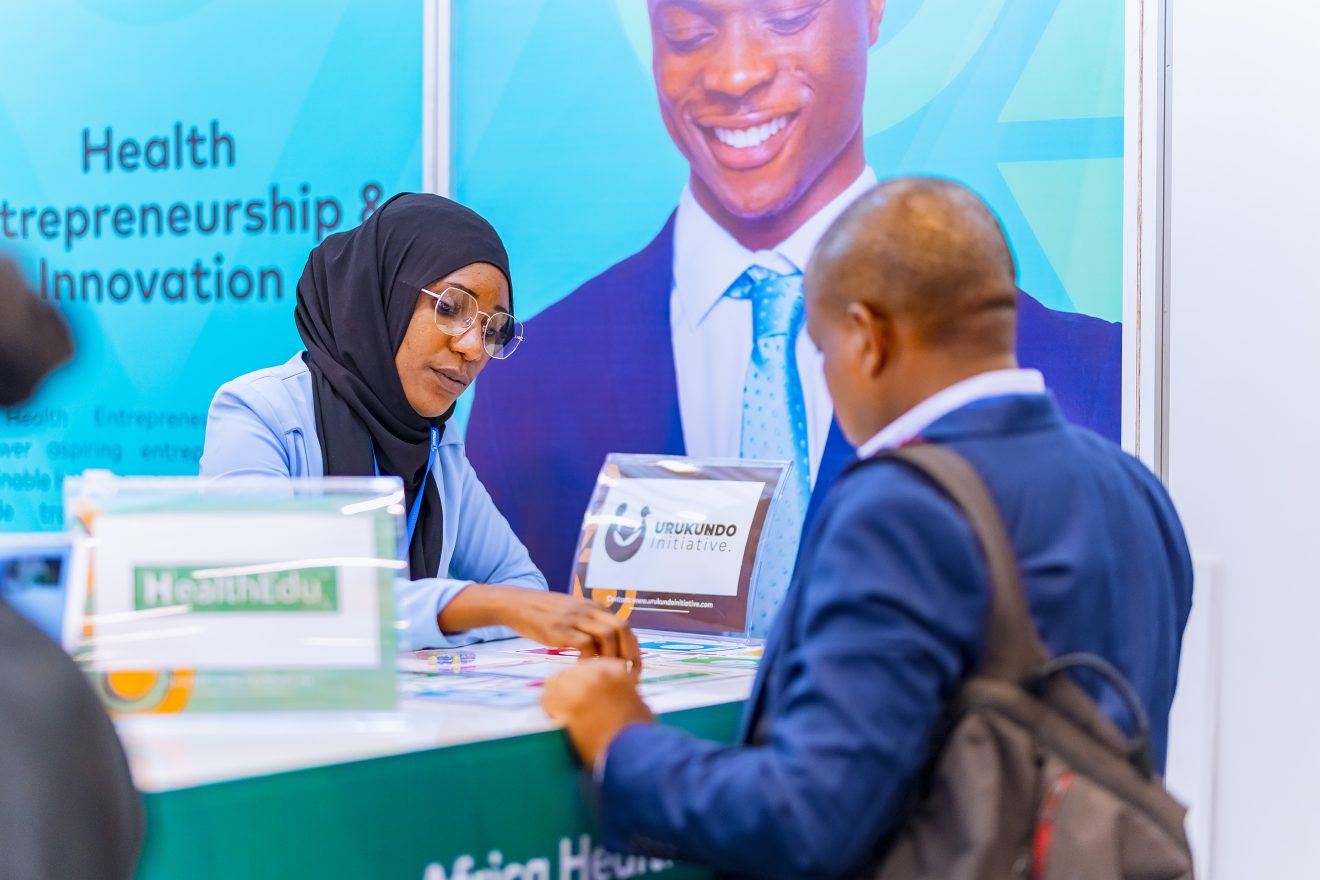
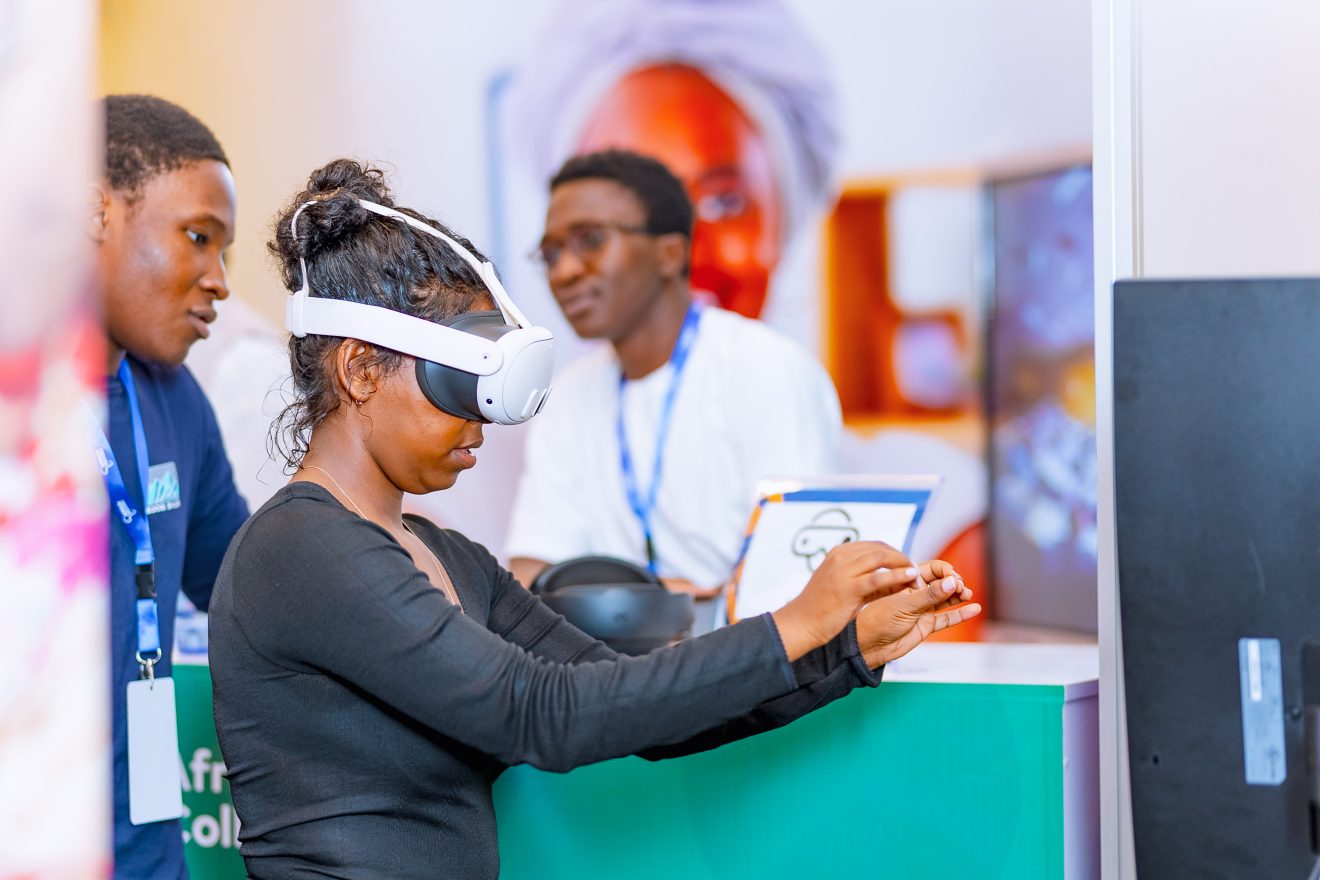
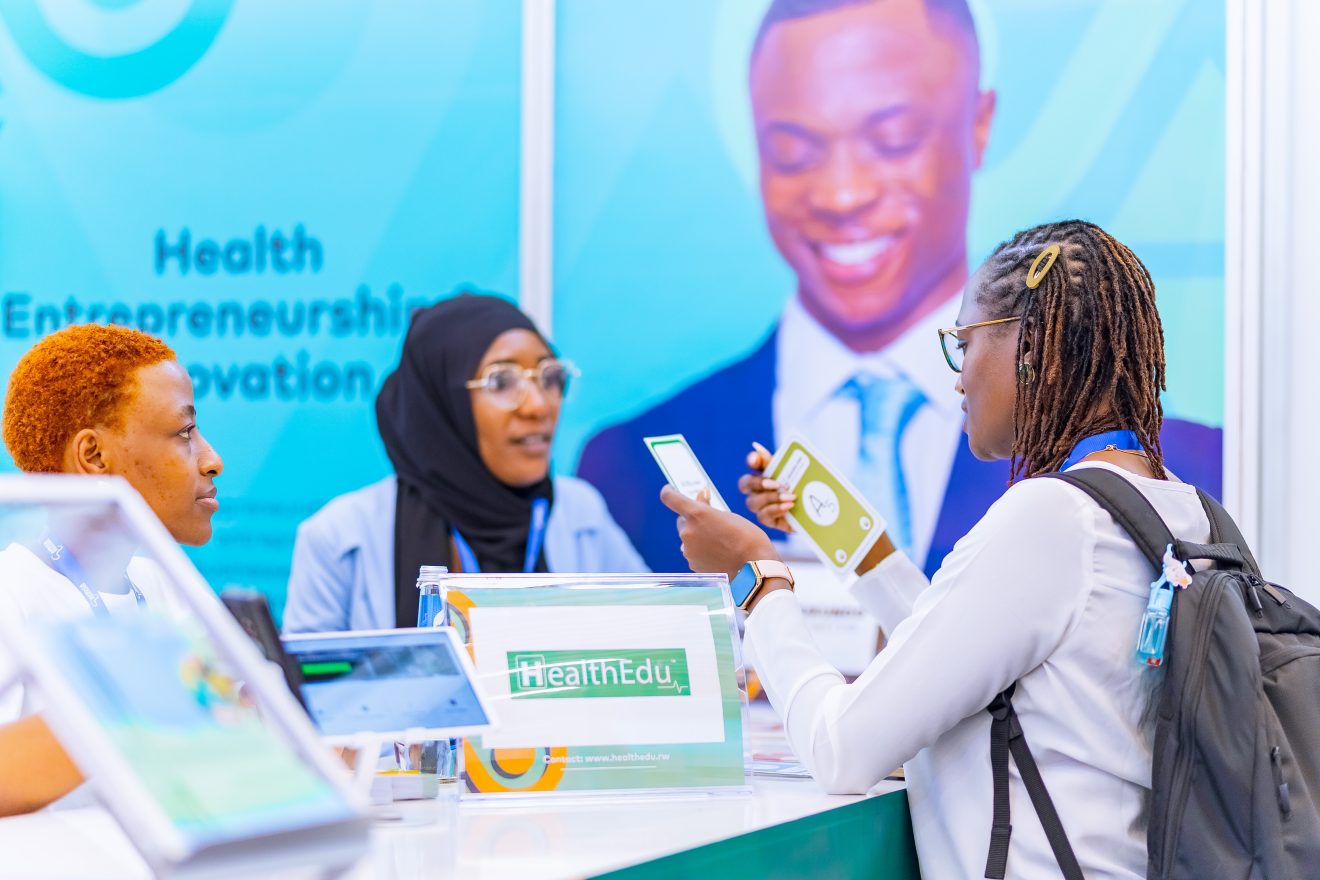
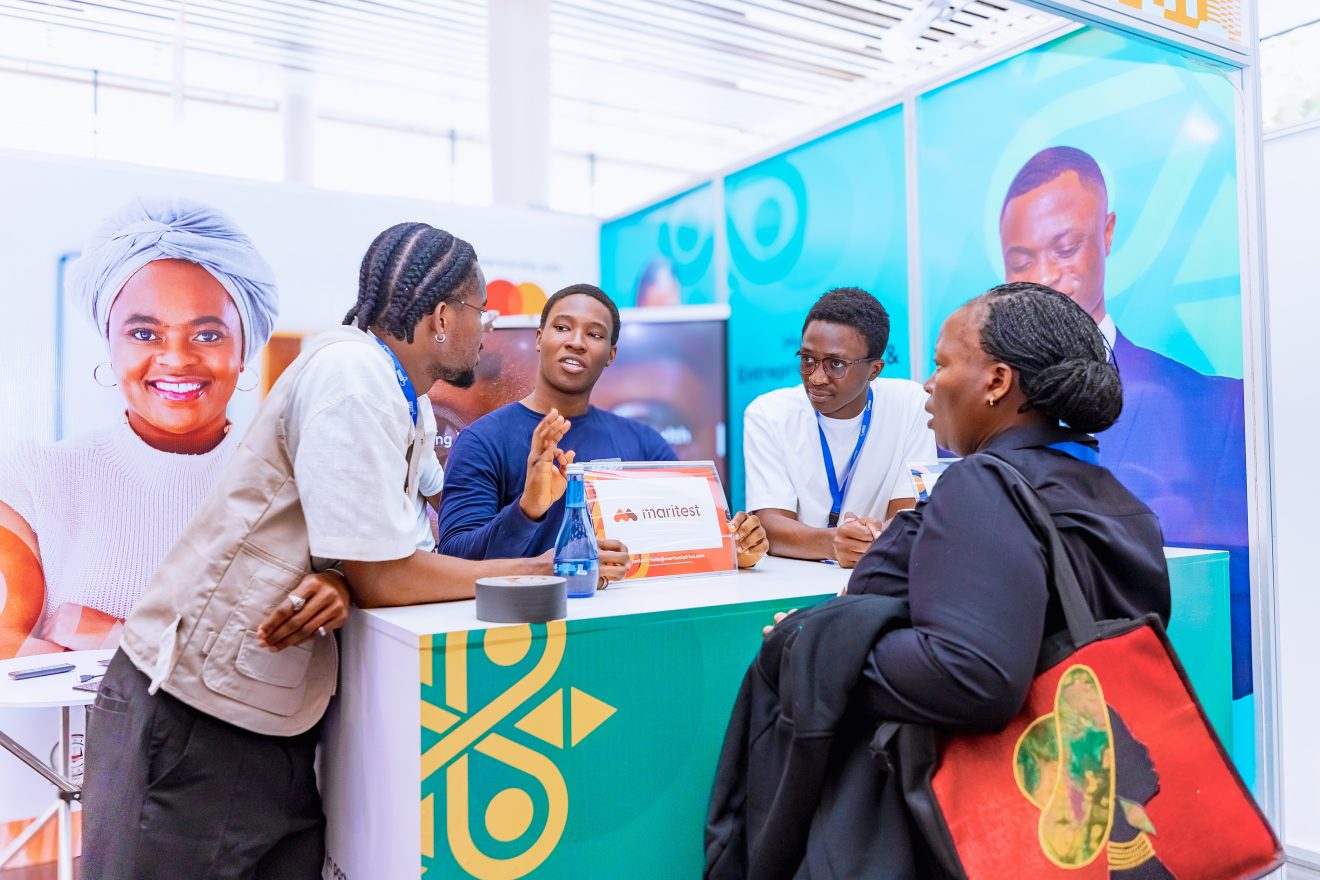
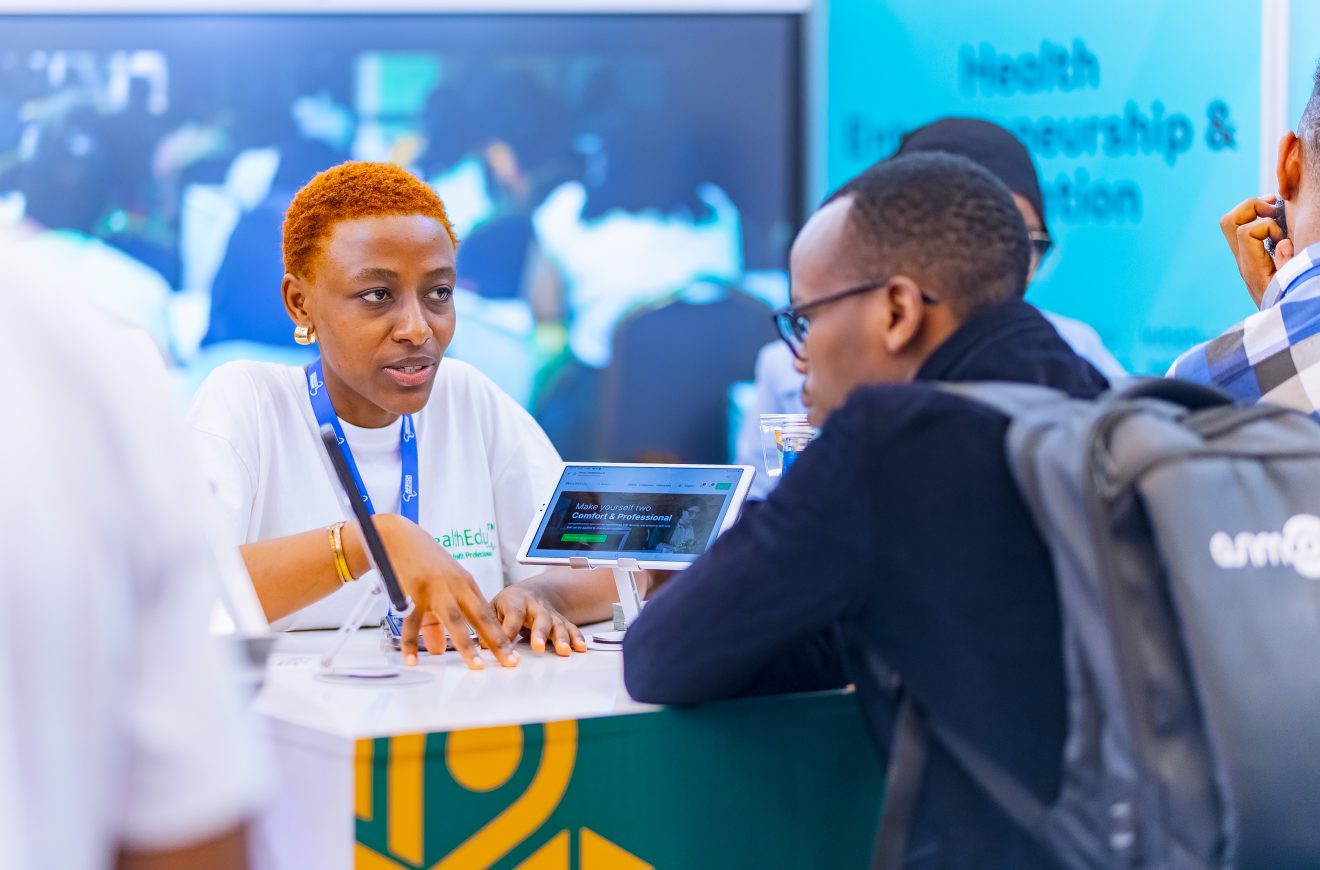
Driving Impact Through Collaboration
Supported by the Mastercard Foundation, the Africa Health Collaborative’s focus on empowering young people with entrepreneurial skills and sustainable career pathways is driving transformative change in Africa’s healthcare landscape. By fostering innovation, encouraging collaboration, and supporting young leaders, the Health Collaborative is helping to build a healthcare system that is effective, sustainable, and capable of meeting Africa’s growing health needs.
More News & Events
Skip scroller content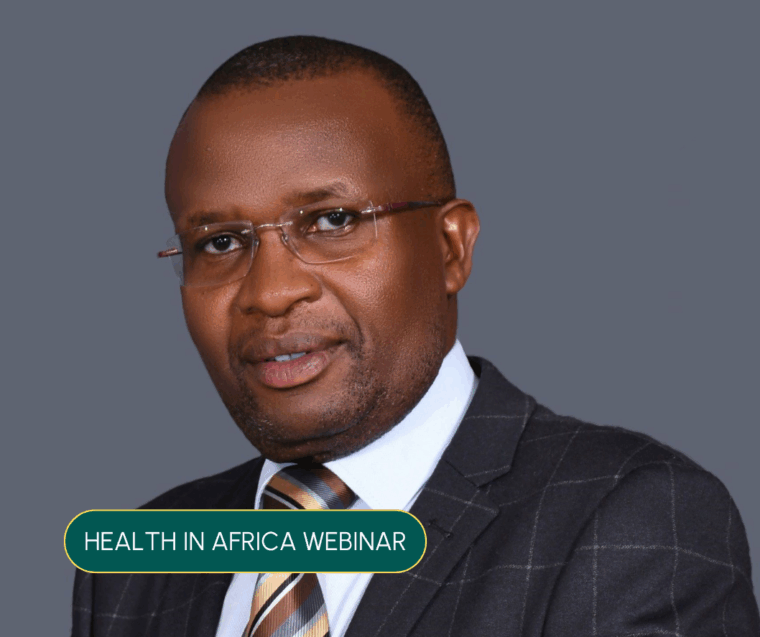
What Works: Improving Maternal and Newborn Health in Kenya and Ethiopia
Join this webinar to explore how community-led systems and digital innovations, in partnership with local leaders, are scaling sustainable healthcare impact and delivering life-saving care for mothers and their newborns.

Apply for the AIMS Master’s in Mathematical Epidemiology (MathEpi) Scholarship
Apply for the 2025 AIMS MathEpi Master’s program. Fully funded scholarships for African students in statistics and public health. Deadline: March 15.

Apply for KNUST’s CPD-Eligible Short Courses in Health Systems and Services Management
Applicants must meet the following requirements to qualify for the scholarship: Short Courses and Timelines 23rd – 27th February 2026: Emergency Preparedness and Response to Epidemic/Pandemic-Prone Diseases 10th – 14th February 2026: Community Emergency Care 24th – 27th February 2026: Palliative Care Module 1 23rd – 27th March 2026: Introduction to Healthcare Quality Improvement (IQI) […]
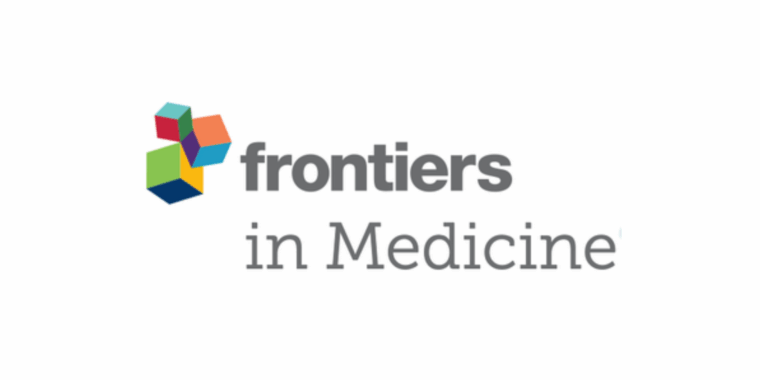
Call for Insights & Stories: Frontiers Opens Special Collection for AHC Partners
The Africa Health Collaborative (AHC) is pleased to share an exciting opportunity for all AHC institutional partners to share original research, reviews, case studies, policy briefs, perspectives, and reflective pieces in a new article collection titled “United in Partnership: Academic Collaborations for Primary Health Care Transformation” by Frontiers in Medicine. This special collection is being […]
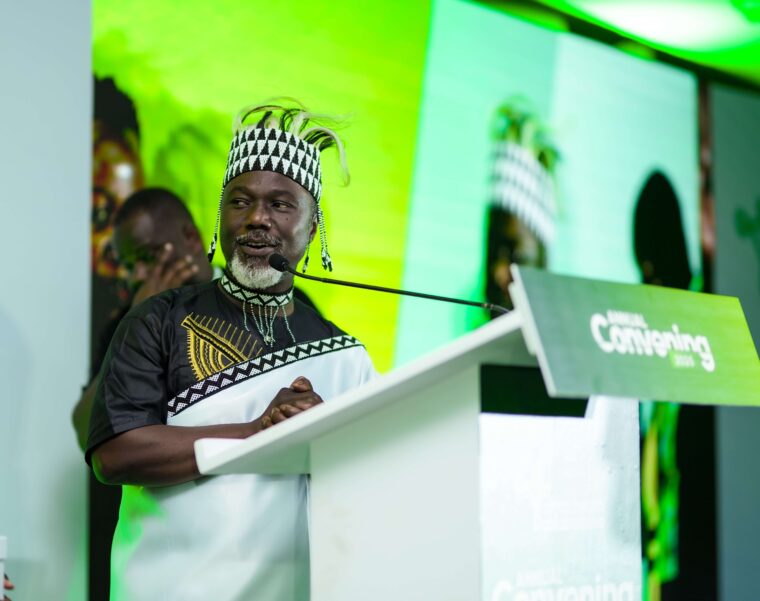
A New Chapter of Collaboration: AHC Welcomes Prof. Joachim Osur as Executive Steering Committee Chair
The Africa Health Collaborative (AHC) has announced Prof. Joachim Osur, Vice Chancellor of Amref International University, as the new Chair of the Executive Steering Committee (ESC). The symbolic handover took place during the closing ceremony of the 2025 AHC Convening in Rwanda, held in October 2025. This marks a significant leadership transition from Prof. Nhlanhla […]
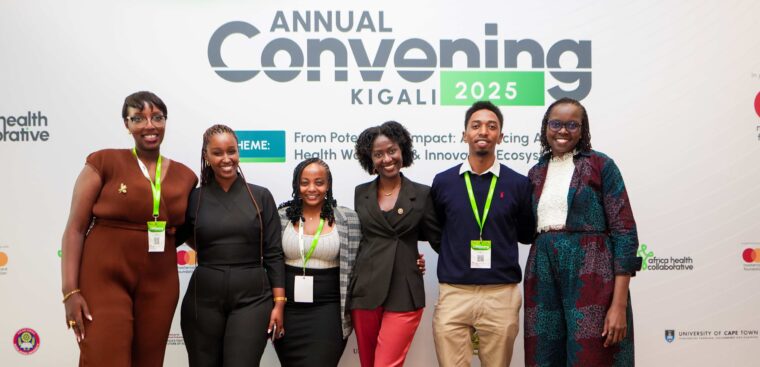
Africa Health Collaborative 2025: Driving Transformative Change in Primary Healthcare Future
Last October, over 170 policymakers, health experts, academics, and youth innovators from 14 countries came together for the Africa Health Collaborative’s (AHC) 2025 Annual Convening, hosted by the African Leadership University (ALU) in Kigali, Rwanda.

Engineering Dignity: Designing Low-Cost Prosthetics in the University of Cape Town’s MedTech Lab
Read about how Jemila Abdulai’s internship at UCT’s MedTech Lab strengthened her commitment to human-centered engineering, demonstrating how affordable innovations like the ADL Arm can expand access, restore dignity, and transform lives in underserved communities.

Graduate Scholarship Opportunities at the Kwame Nkrumah University of Science and Technology
Apply for graduate (MPh, MSc, MPhil, PhD) scholarships at the Kwame Nkrumah University of Science and Technology.
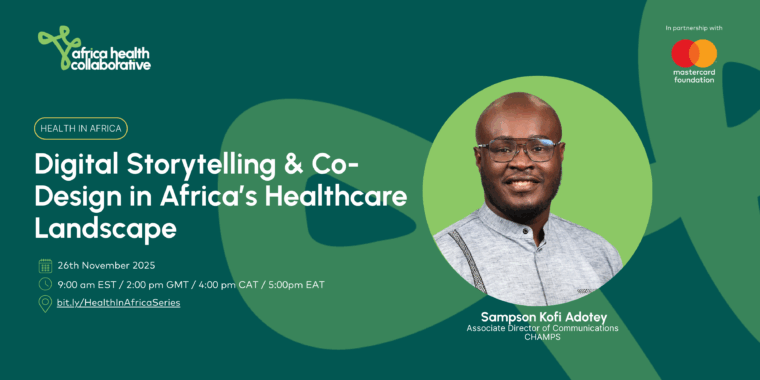
Digital Storytelling & Co-Design in Africa’s Healthcare Landscape
Join this webinar to explore how Digital Storytelling (DST) and Co-Design can transform health systems by centering the people who live the stories.
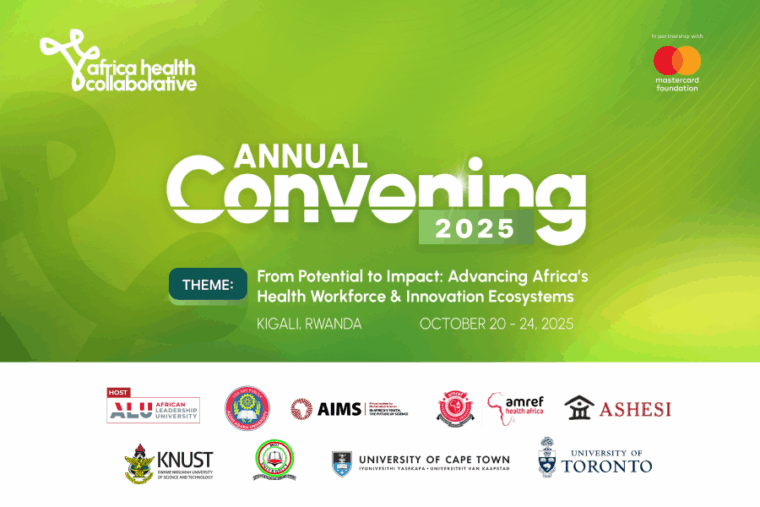
Africa Health Collaborative Convening to Spotlight Youth, African-Led Innovation, and Systems Change in Primary Health Care
The 2025 Convening will bring together leaders and innovators from government, academia, civil society, and the private sector to explore practical solutions for strengthening Africa’s primary health care systems through workforce development, entrepreneurship, institutional collaboration, and innovation.
